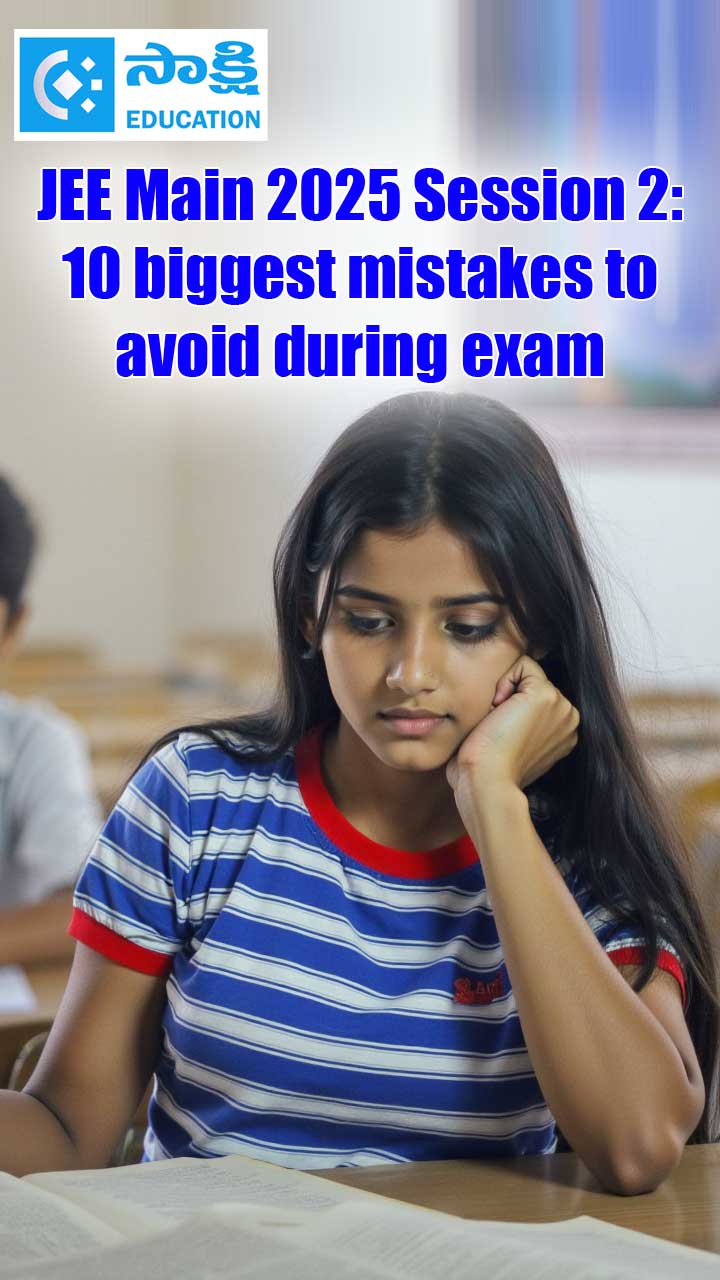“The need of the hour is to shift to a presidential democracy as it offers multiple advantages over the parliamentary system.” Examine the statement critically.
Sakshi Education
By Srirangam Sriram, Sriram's IAS, New Delhi.


A parliamentary democracy is a system of democratic governance where the executive (council of ministers headed by the Prime Minister as in India) derives its democratic legitimacy from its ability to command the confidence of the legislature. It is also held accountable by parliament. In a parliamentary system, the head of state (President/Monarch) is a person distinct from the head of government (PM).
This is in contrast to a presidential system, where the head of state (President as in the US) often is also the head of government and, most importantly, where the executive does not derive its democratic legitimacy from the legislature and is in fact strictly separated from it. The President is directly elected by the people, in the US for all practical purposes. Electoral college is a formality.
The advantages are that he has a fixed tenure; wields enormous powers and can take dynamic initiatives; his cabinet can be chosen from a wider talent and is not confined to the legislators etc.
However, in India, the need is to have a government that is representative of the diverse society; is responsible to the people via the legislature; and a government that is not likely to turn authoritarian and despotic. Presidential system in a developing country is likely to turn authoritarian as the leader is elected by majority of the people and can entertain ideas of self-aggrandisement and self- perpetuation. It happened in the developing world time and again.
 Therefore, parliamentary system is suitable to India and may be reformed but not replaced.
Therefore, parliamentary system is suitable to India and may be reformed but not replaced.
This is in contrast to a presidential system, where the head of state (President as in the US) often is also the head of government and, most importantly, where the executive does not derive its democratic legitimacy from the legislature and is in fact strictly separated from it. The President is directly elected by the people, in the US for all practical purposes. Electoral college is a formality.
The advantages are that he has a fixed tenure; wields enormous powers and can take dynamic initiatives; his cabinet can be chosen from a wider talent and is not confined to the legislators etc.
However, in India, the need is to have a government that is representative of the diverse society; is responsible to the people via the legislature; and a government that is not likely to turn authoritarian and despotic. Presidential system in a developing country is likely to turn authoritarian as the leader is elected by majority of the people and can entertain ideas of self-aggrandisement and self- perpetuation. It happened in the developing world time and again.
 Therefore, parliamentary system is suitable to India and may be reformed but not replaced.
Therefore, parliamentary system is suitable to India and may be reformed but not replaced.Published date : 20 Nov 2020 03:29PM






